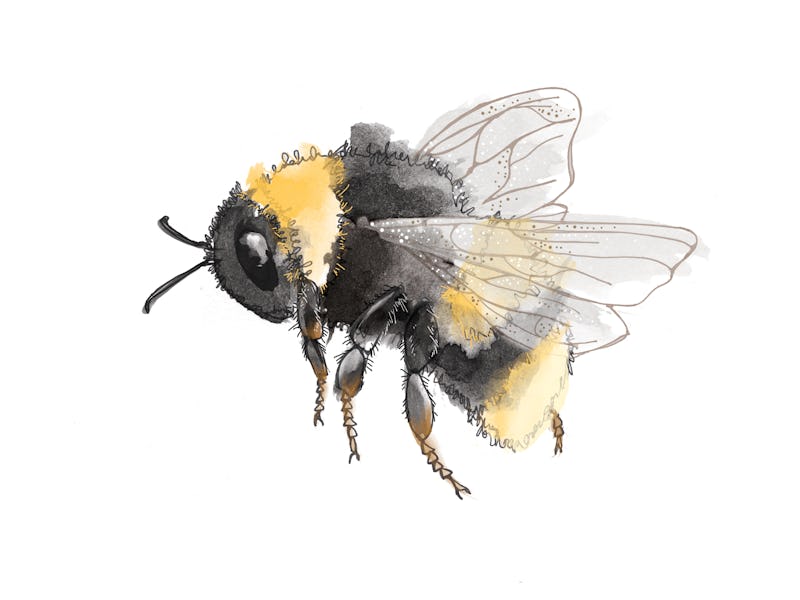Biohacking nature with Brood IX, bumblebees
In this episode, we discuss how scientists are learning new ways to manage our ecosystem.

Just as murder hornets started to infiltrate the Pacific Northwest, buzzing cicadas emerged from a 17-year nap to spread across the Eastern US. All the while, a swarm of bumblebees has been perfecting ways to biohack their own resources — plants.
You may think you're living in some alternative, apocalyptic universe, but fittingly enough, it's just the summer of 2020.
In this episode of The Abstract, as bees beat the system and cicadas cracked a new code, we discuss how scientists have discovered new ways the creatures of spring hacked their ecosystem in fascinating style.
Our first story is about the arrival of Brood IX and why 2020's cicada visit will be different. Springing to life from the ground after 17 years, the latest batch brings multiple species to the big event, leaving scientists buzzing about an evolutionary phenomenon that's emerged with the fleeting life of Brood IX.
Our second story takes a closer look at the bumblebees who, like Brood IX, are forced to adapt their behavior to an ever-changing climate. Faced with a bleak future and scarcity of pollen, these bees are making their own luck — turning flower-making on its head and drastically influencing our natural resources.
Read the original Inverse stories here:
- Brood IX: Why the 2020 cicada visit will be different than past arrivals
- Bumblebees have learned to hack plants
Where to find us:
- Subscribe to The Abstract wherever you listen to podcasts: iTunes | Spotify | TuneIn | RadioPublic | Stitcher
- Follow Nina Pullano on Twitter
- Follow Inverse on Twitter
- We're hosted and produced by Tanya Bustos
—
Right now, facts and science matter more than ever. That's part of the reason for The Abstract, this all-new podcast from the Inverse staff that focuses exclusively on science and innovation. Three new episodes are released a week, and each covers one theme via two related stories. Each features audio of original Inverse reporting, where the facts and context take center stage. It's hosted by the Tanya Bustos of WSJ Podcasts. Because we're Inverse, it's all true but slightly off-kilter. It's made for people who want to know the whole story. —Nick Lucchesi, executive editor, Inverse
This article was originally published on